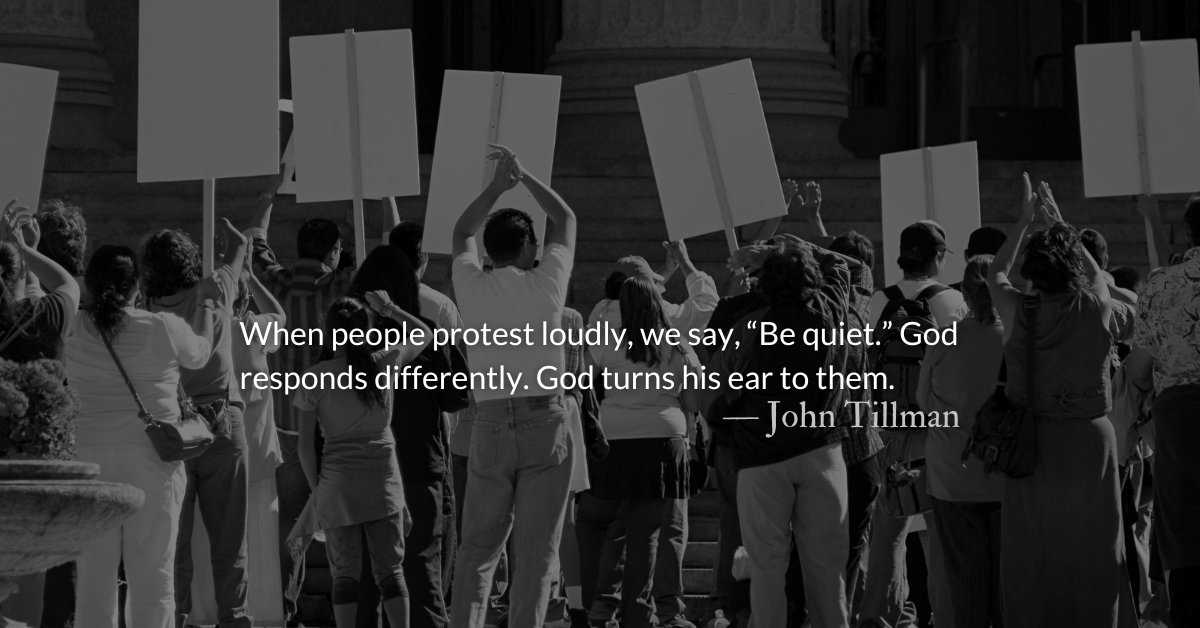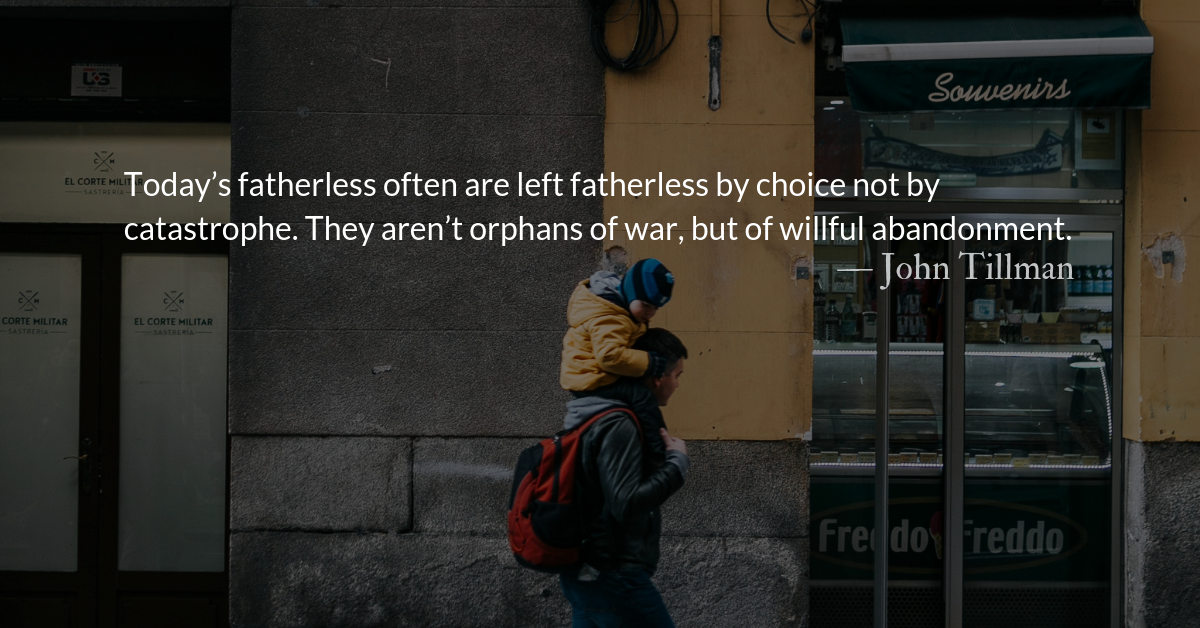Scripture Focus: Psalm 109.6-8
6 Appoint someone evil to oppose my enemy; let an accuser stand at his right hand.
7 When he is tried, let him be found guilty, and may his prayers condemn him.
8 May his days be few; may another take his place of leadership.
Reflection: Shocking Prayers and Promises
By John Tillman
You’ll probably never hear Psalm 109 or other imprecatory psalms read in church. The condemnations are harsh. The cries for violent retribution are unsettling. Is this praying or cursing?
When the suffering cry out, they don’t consider the feelings of those listening. They chuck civility and cordiality out the window. They employ emotional language and evocative metaphors. They abandon the vocabulary of propriety and politeness. They may even go beyond cursing to “cussing.”
Imagine yourself standing in front of someone shouting out the curses and demands of this psalm…
If you are like me, you probably picture yourself giving one of two responses: disengagement or discouragement. You want to get away from them or tell them to calm down.
“Be respectful.” “Ask nicely and I’ll listen.” “I can’t be around you when you are like this.”
God responds differently. God turns his ear to them. God leans closer. God joins them in their suffering. God’s face looks on them with compassion. God’s hands lift them up and punish their oppressors.
We are not God. We are incapable of his level of listening, patience, empathy, and compassion.
When people protest loudly, we say, “Be quiet.” When they protest at inconvenient times, we say, “Not now.” When they protest in our faces, we say, “Back off.” When they protest in our spaces, we say, “Get out.”
We are also powerless to enact the fullness of God’s justice and righteousness.
There are problems we cannot comprehend. There are oppressors we cannot correct. There are powers we cannot oppose. There are wrongs we cannot make right.
We can, however, lean on the listening, patient, empathetic, compassionate heart of God revealed in scripture. We can work for the problem-solving, corrective, overcoming, good-creating justice and righteousness revealed in scripture. That is what the psalmist is doing.
The psalmist’s cry, “May his children be fatherless and his wife a widow,” (Psalm 109.9) echoes a promise of God from Exodus 22.24 and Jeremiah 18.21. It is God who promised to punish those who harm the vulnerable. We can pray shocking prayers.
Are you hesitant to hear out the hurting?
When the suffering won’t be silent, do you shut your ears?
When the abused are red-faced with anger and shame, do you turn your face away?
When the oppressed open their mouths with curses, do you open the door and leave?
Divine Hours Prayer: The Refrain for the Morning Lessons
Mercy and truth have met together; righteousness and peace have kissed each other. — Psalm 85.10
– From The Divine Hours: Prayers for Summertime by Phyllis Tickle.
Today’s Readings
Isaiah 10.5-34 (Listen 5:14)
Psalm 106 (Listen 4:52)
This Weekend’s Readings
Isaiah 11-12 (Listen 3:39), Acts 1 (Listen 3:5802)
Isaiah 13 (Listen 3:11), Acts 2 (Listen 6:35)
Read more about An Imprecatory Psalm for Mass Shootings
I went to church…As normal, I paused to think about what I should do in case of a shooting…This shouldn’t be normal.
Read more about Wartime Prayers
Imprecatory prayers become expressions of trust in God our Father…not only powerful but…just and loving.








